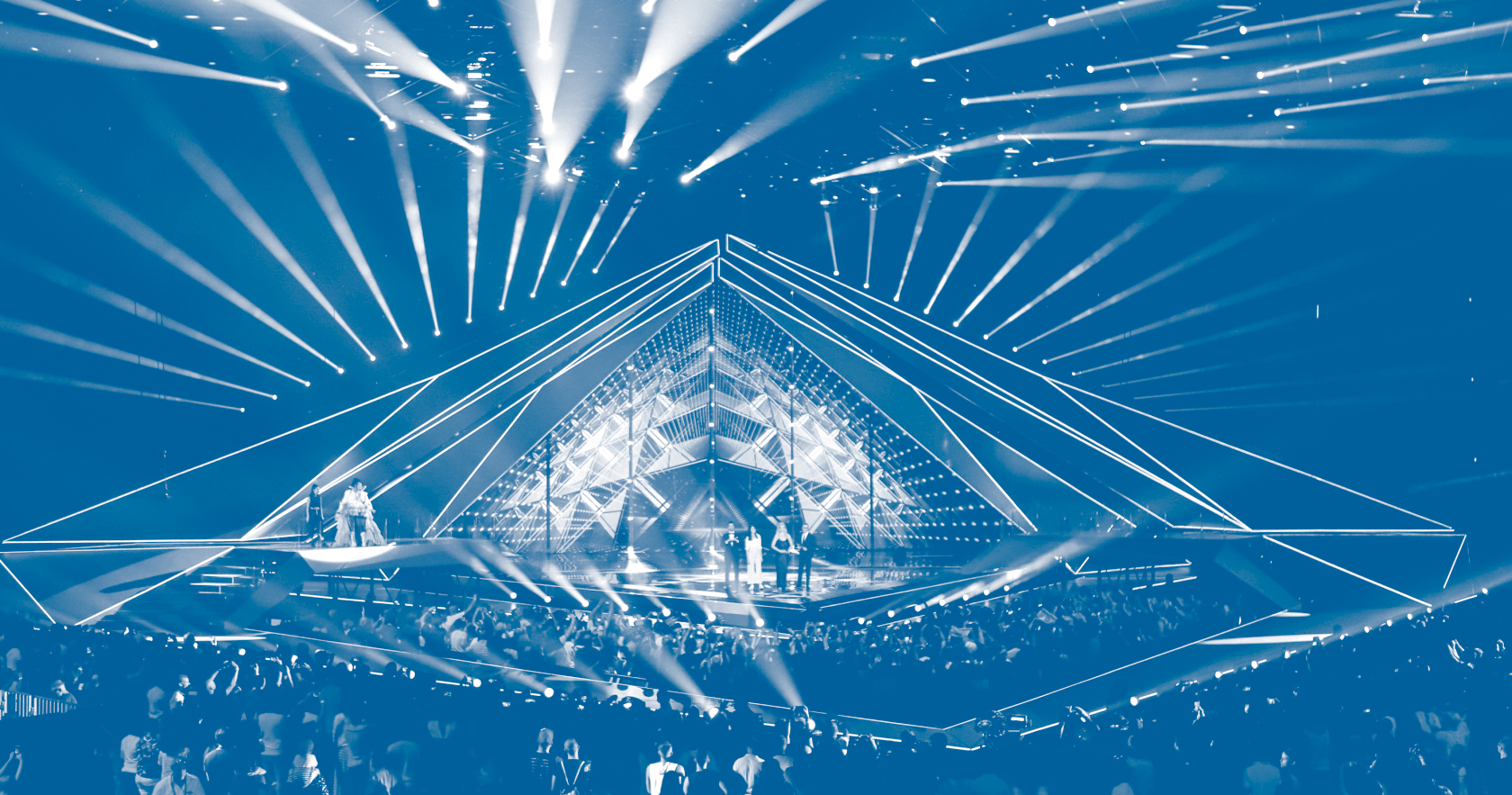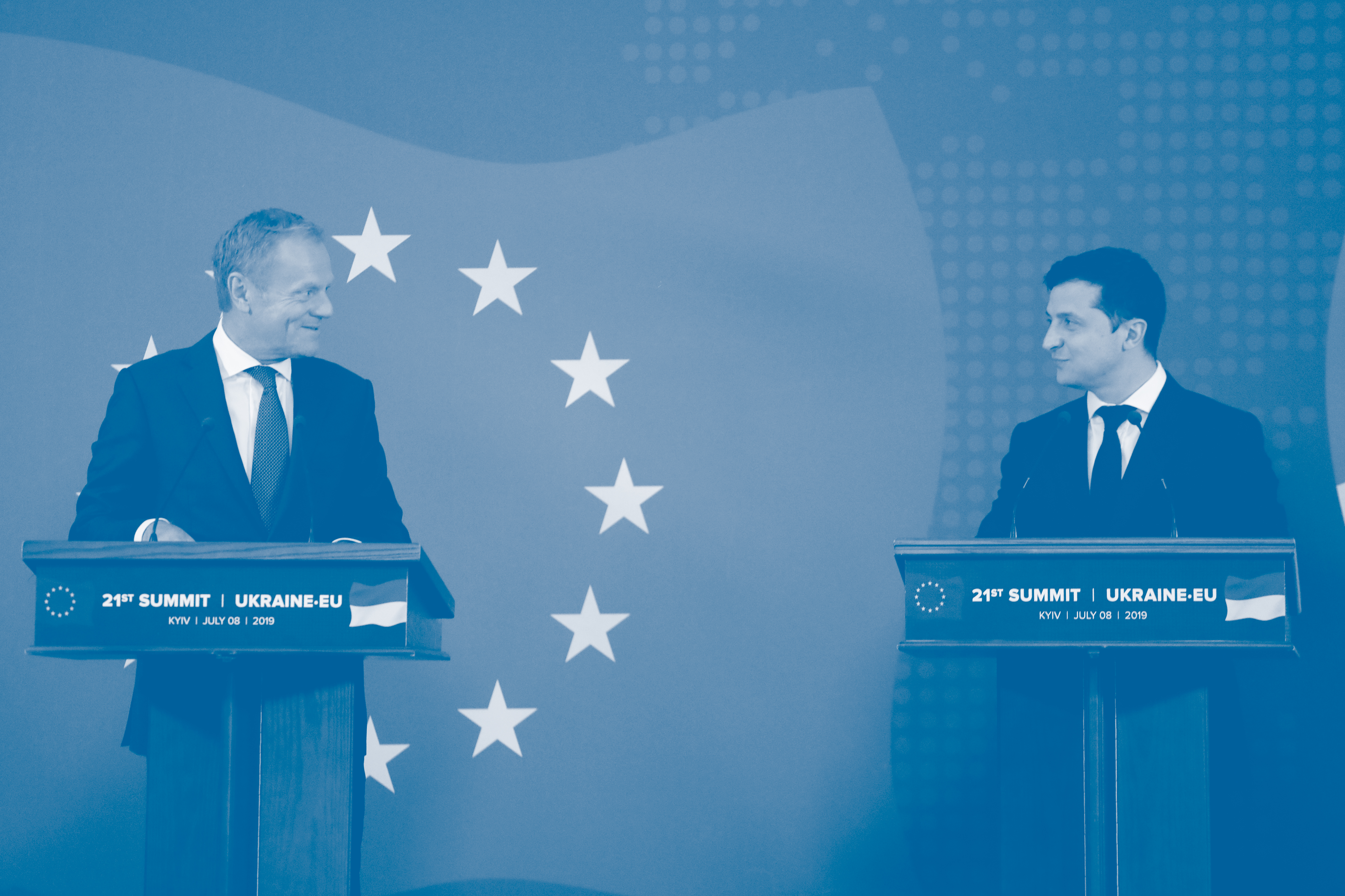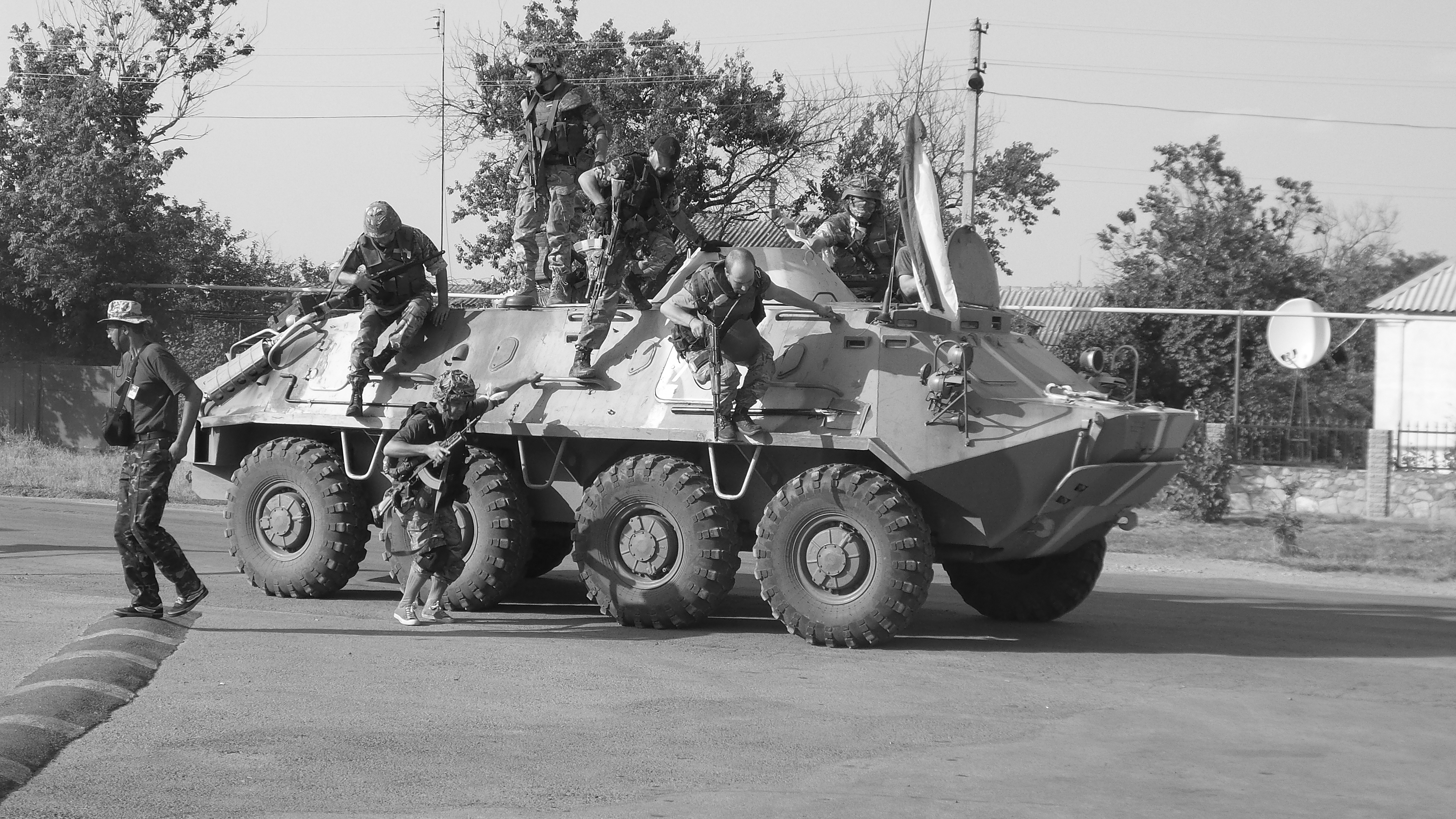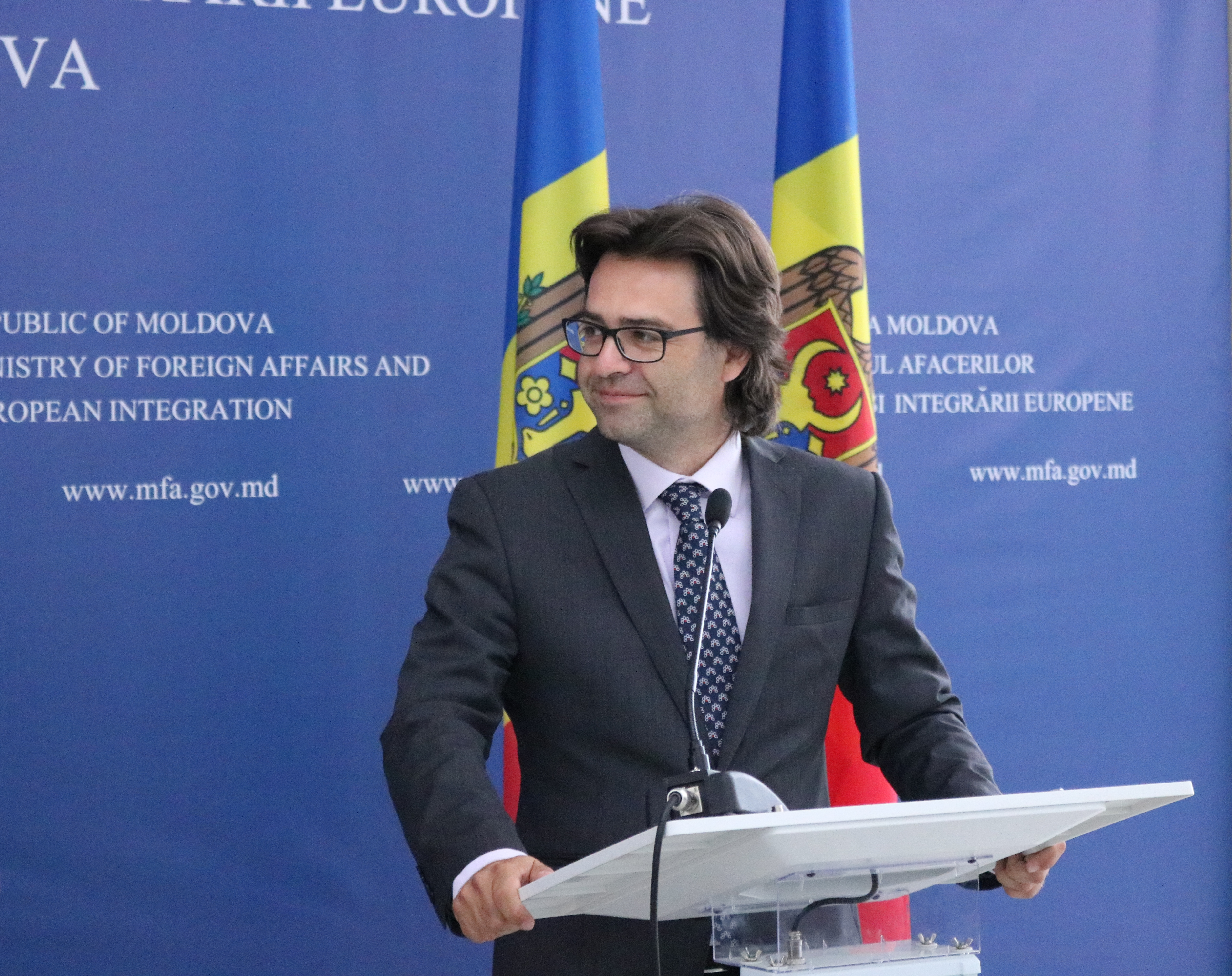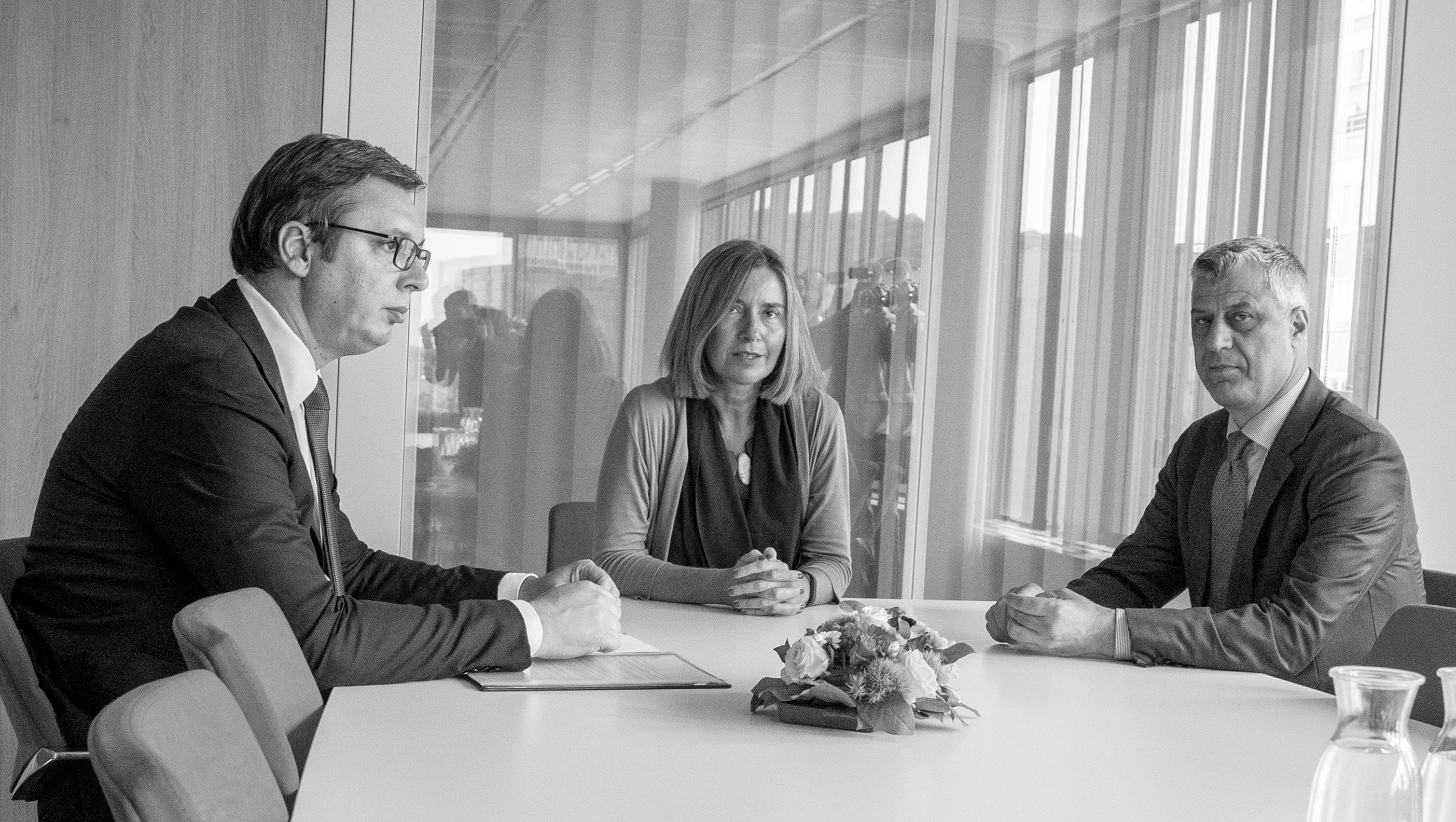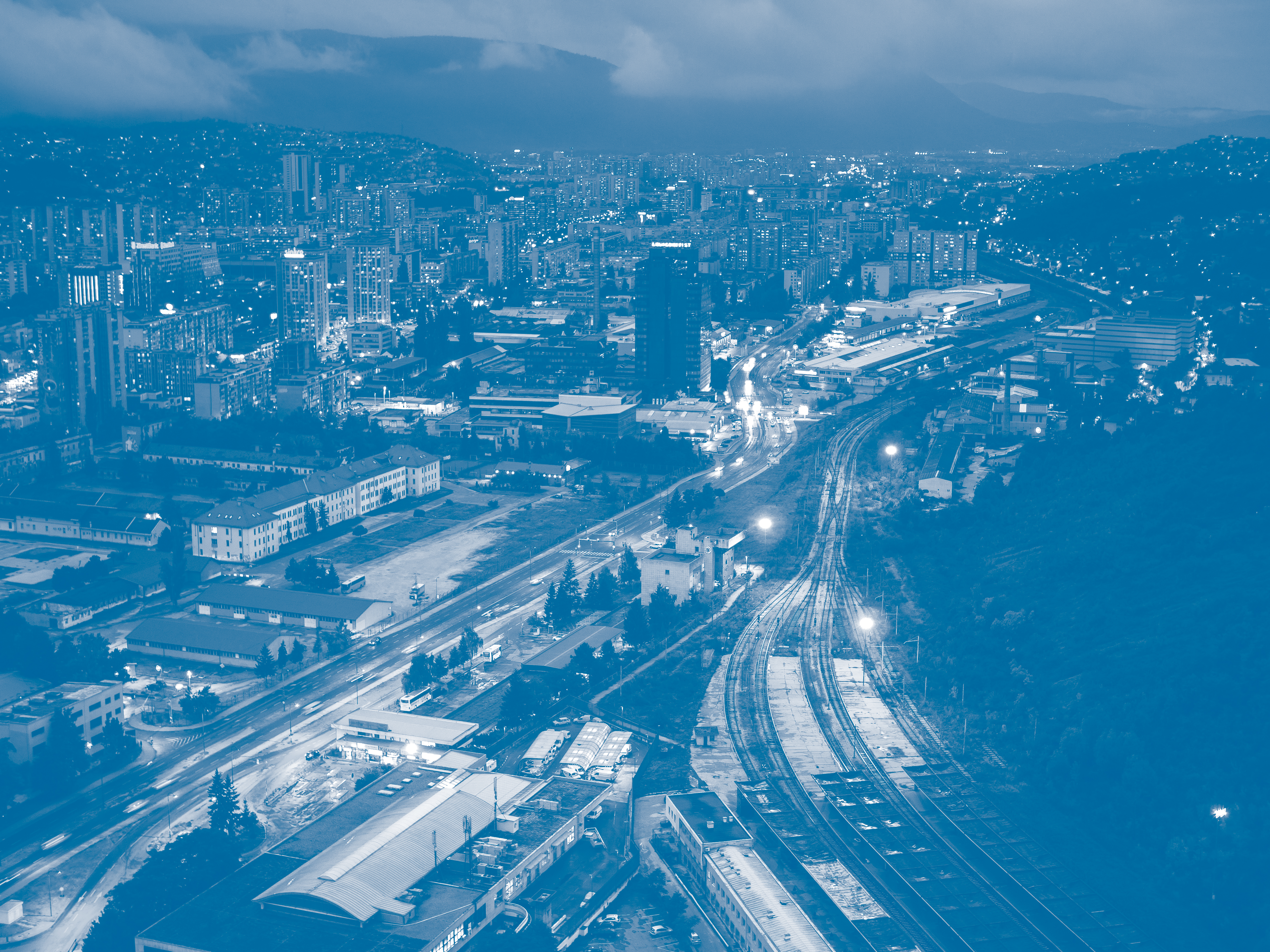By Owen Alterman | Tel Aviv
May 2019 featured three major European events. One didn’t even take place in Europe. The first happened on May 9, Europe Day, when European leaders gathered for their summit in Sibiu, Romania. The second: the set of European Parliament elections across the 28 European Union member states. And the third major European event of May 2019 was the Eurovision song contest, which took place not in a quaint Transylvanian mountain town or across the villages and downtowns of the Continent or British Isles, but in a convention center on the edge of Tel Aviv, Israel. In the city’s beachside park, some 500,000 people packed the largest Eurovision village in the history of the competition.

